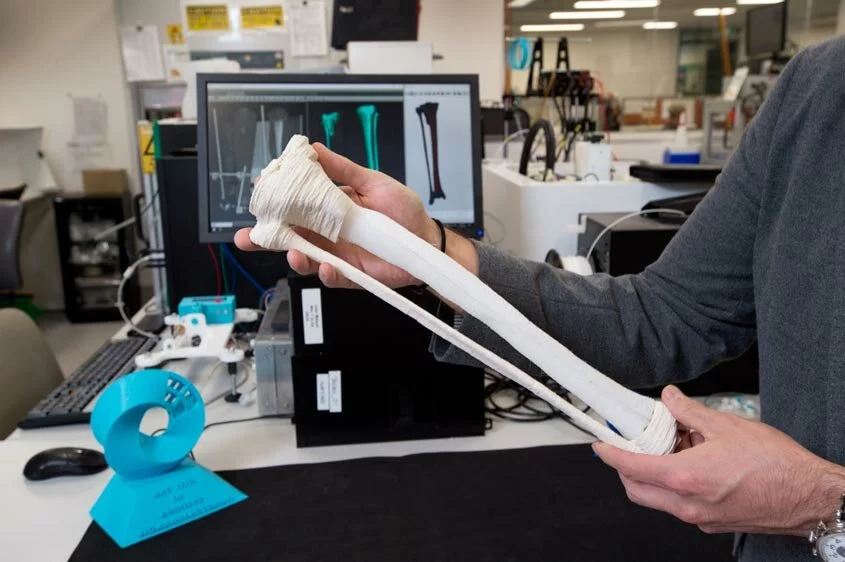1. Intellectual Property Concerns:
One of the foremost legal challenges in 3D printing revolves around intellectual property (IP). The ease of replicating physical objects raises questions about copyright infringement, patent violations, and the unauthorized reproduction of patented designs. Navigating the delicate balance between innovation and protecting intellectual property rights becomes paramount.
2. Regulatory Compliance:
The lack of standardized regulations specific to 3D printing poses challenges for ensuring product safety and quality control. As 3D-printed items span various industries, from healthcare to aerospace, developing comprehensive regulatory frameworks becomes imperative to guarantee the safety and reliability of the produced objects.
3. Consumer Safety and Liability:
In instances where 3D-printed products are used in critical applications, such as medical implants or aerospace components, concerns about product liability and consumer safety come to the forefront. Establishing clear guidelines and accountability for 3D-printed products becomes essential to mitigate potential risks and liabilities.
4. Data Security and Privacy:
The digital nature of 3D printing files introduces concerns about data security and privacy. Protecting sensitive designs from unauthorized access, ensuring the integrity of digital blueprints, and safeguarding proprietary information become critical aspects of 3D printing ethics.
5. Cybersecurity Risks:
The connectivity of 3D printers to networks and the internet exposes them to potential cybersecurity threats. Unauthorized access to 3D printing systems could result in the theft or alteration of designs, leading to intellectual property breaches and compromised product integrity.
6. Environmental Impact:
Ethical considerations extend to the environmental impact of 3D printing. The materials used in additive manufacturing, particularly plastics, can contribute to waste and environmental pollution. Balancing the environmental footprint of 3D printing with its innovative potential requires careful assessment and responsible material choices.
7. Regulatory Challenges in Healthcare:
The use of 3D printing in healthcare, especially in bioprinting and the creation of medical devices, introduces unique regulatory challenges. Striking a balance between innovation and patient safety becomes crucial as the healthcare industry explores the vast potential of 3D printing technologies.
8. Digital Rights Management (DRM):
As 3D printing files can be easily shared and distributed, implementing effective Digital Rights Management (DRM) systems becomes essential to control the use and reproduction of digital designs. Striking a balance between protecting IP and allowing for fair use is a delicate ethical consideration.
9. Ethical Use of Bioprinting:
In the realm of bioprinting, ethical considerations involve the responsible use of this technology for medical purposes. Questions about the creation of organs, tissues, and the potential for human enhancement require careful ethical scrutiny and societal dialogue.
10. Accessibility and Equity:
Ensuring equitable access to 3D printing technologies raises ethical questions about the digital divide. Striving for inclusivity in the adoption of 3D printing and addressing disparities in access to technology becomes an ethical imperative.
